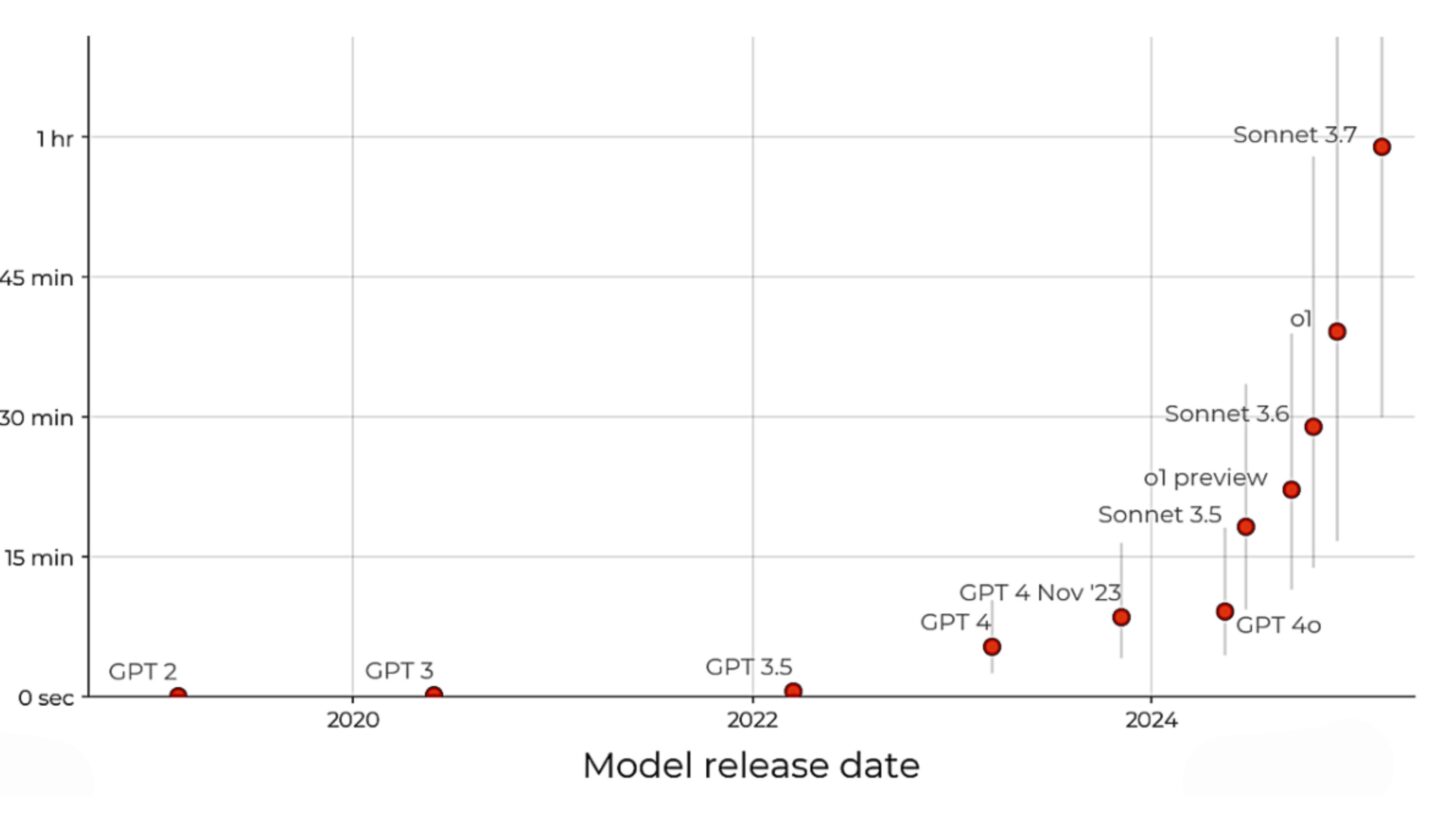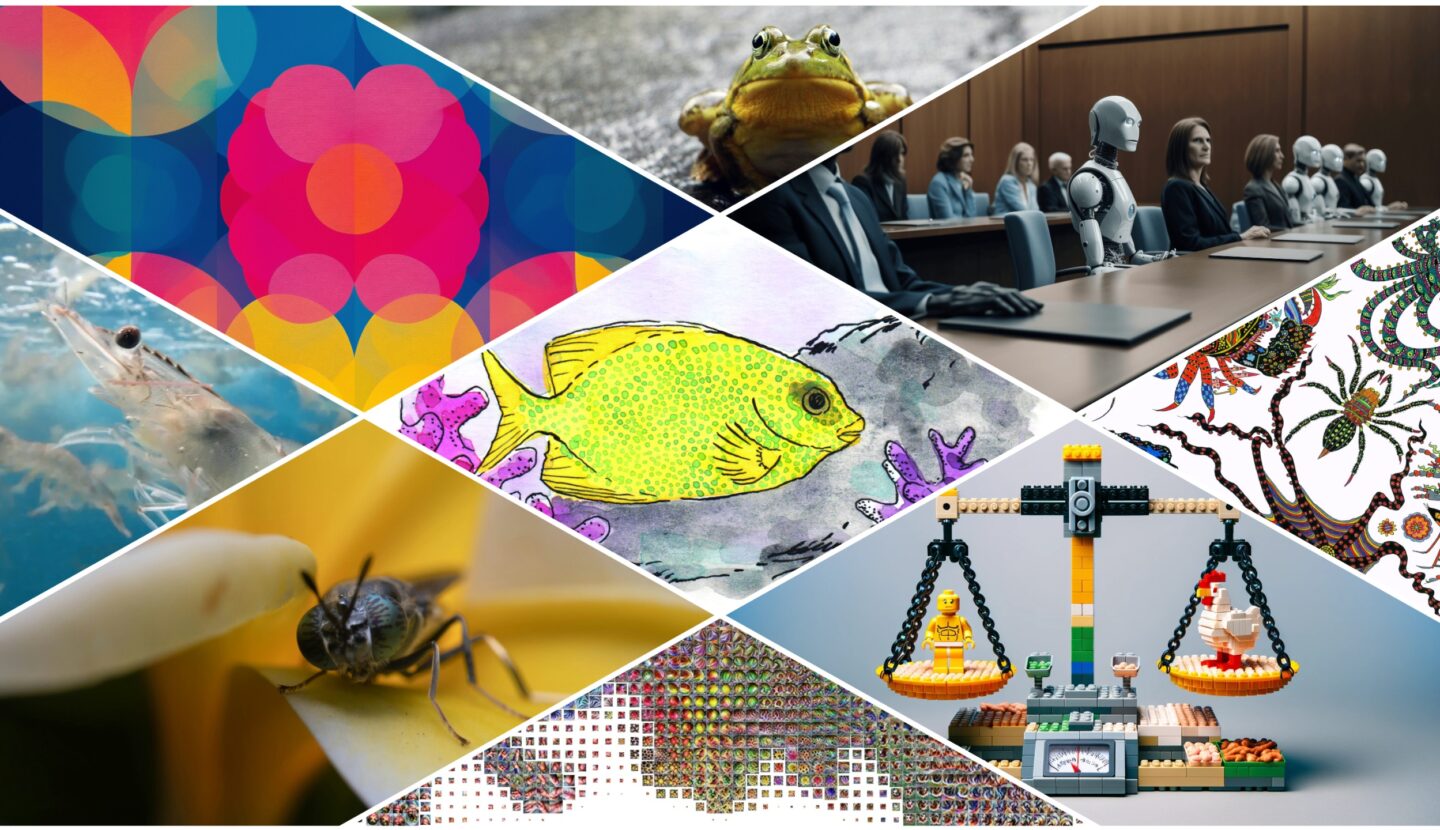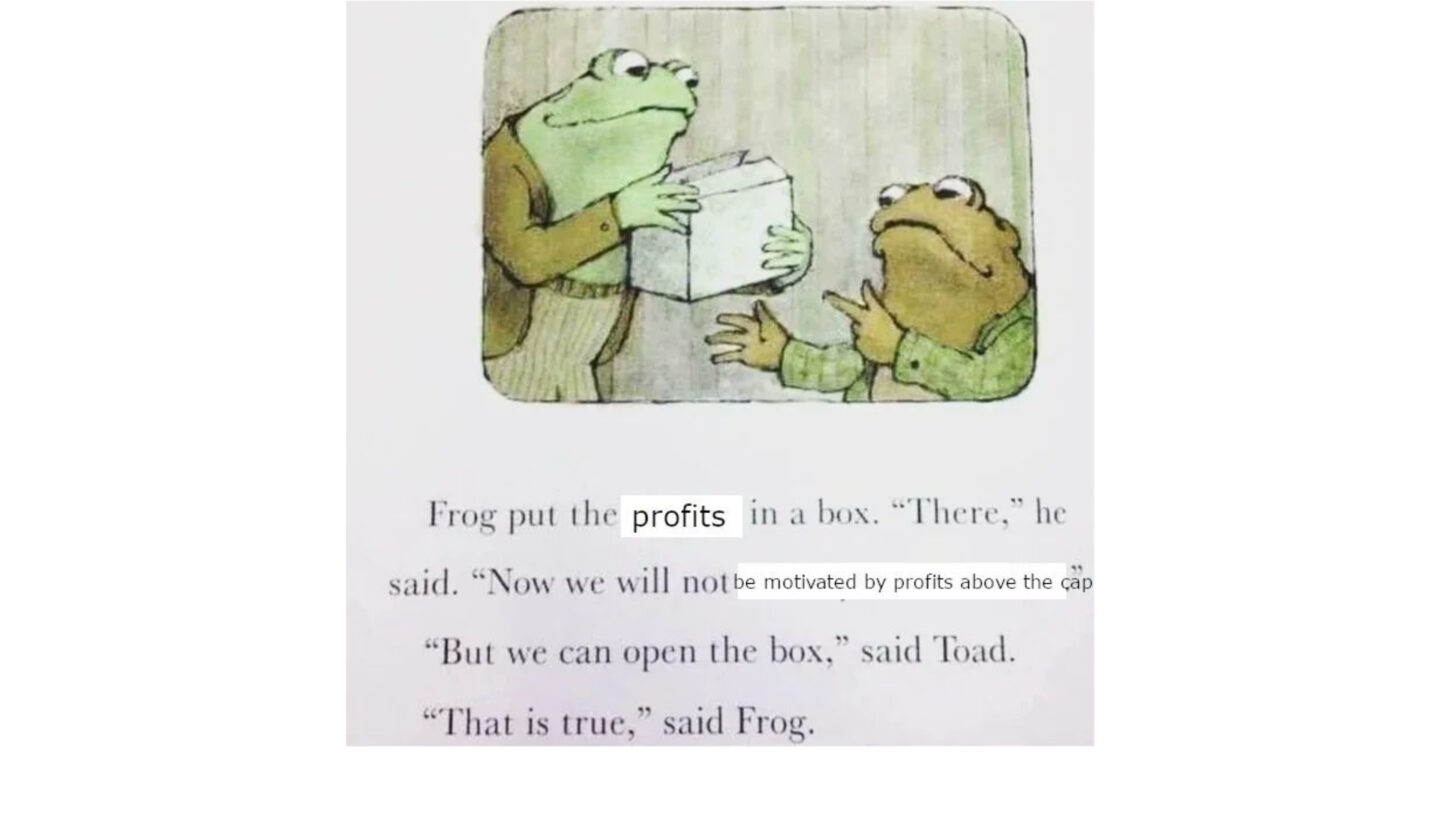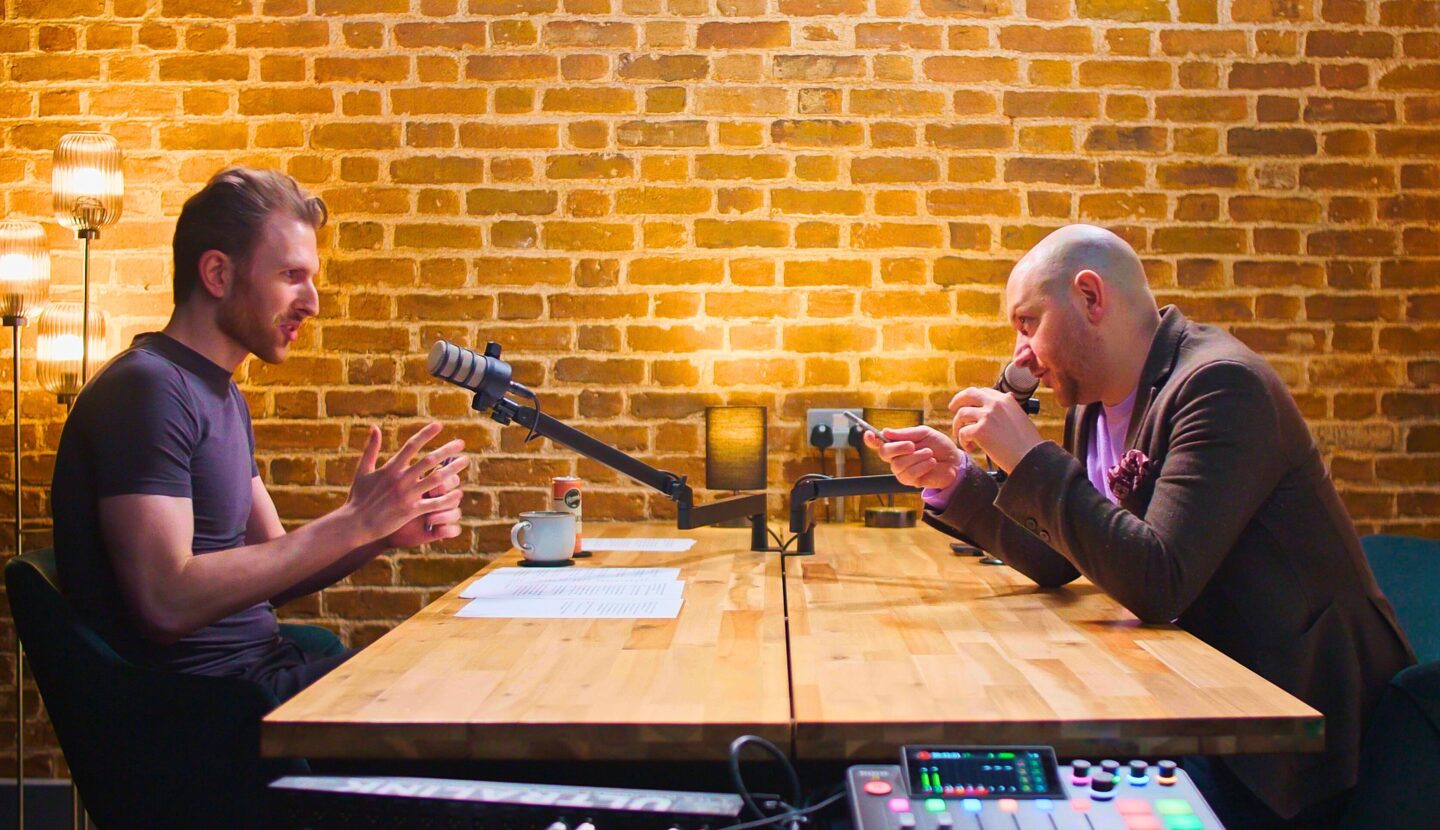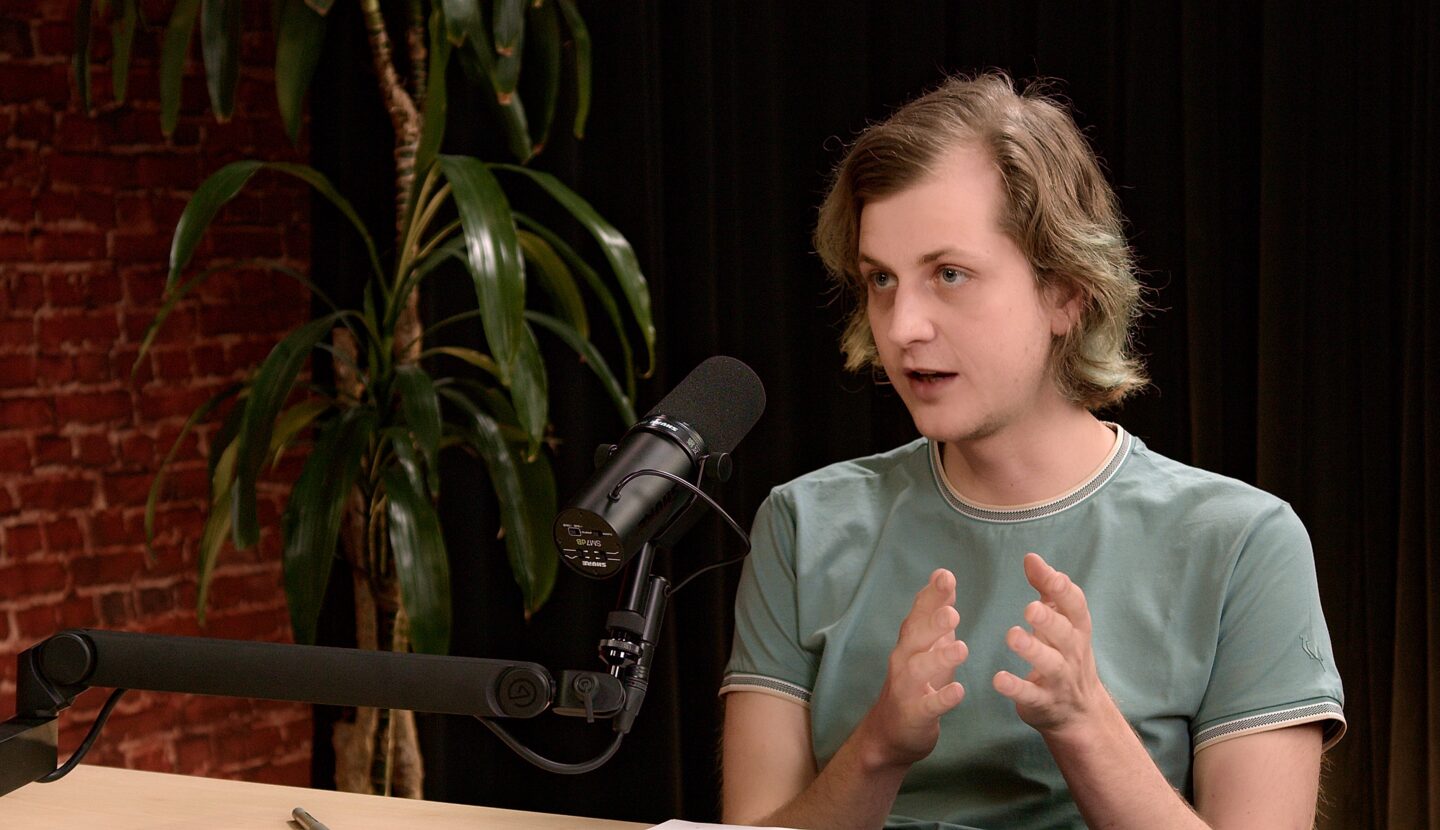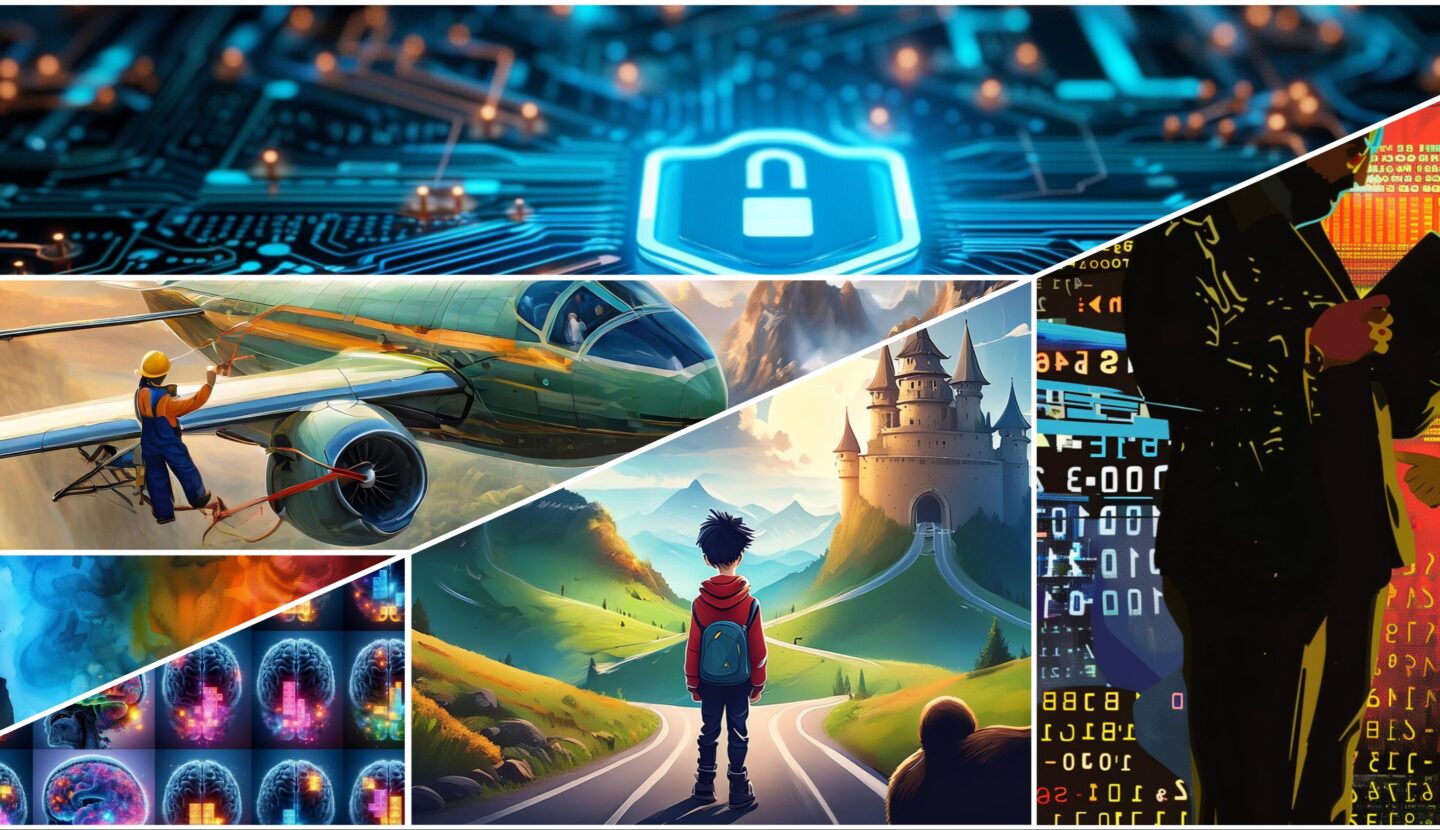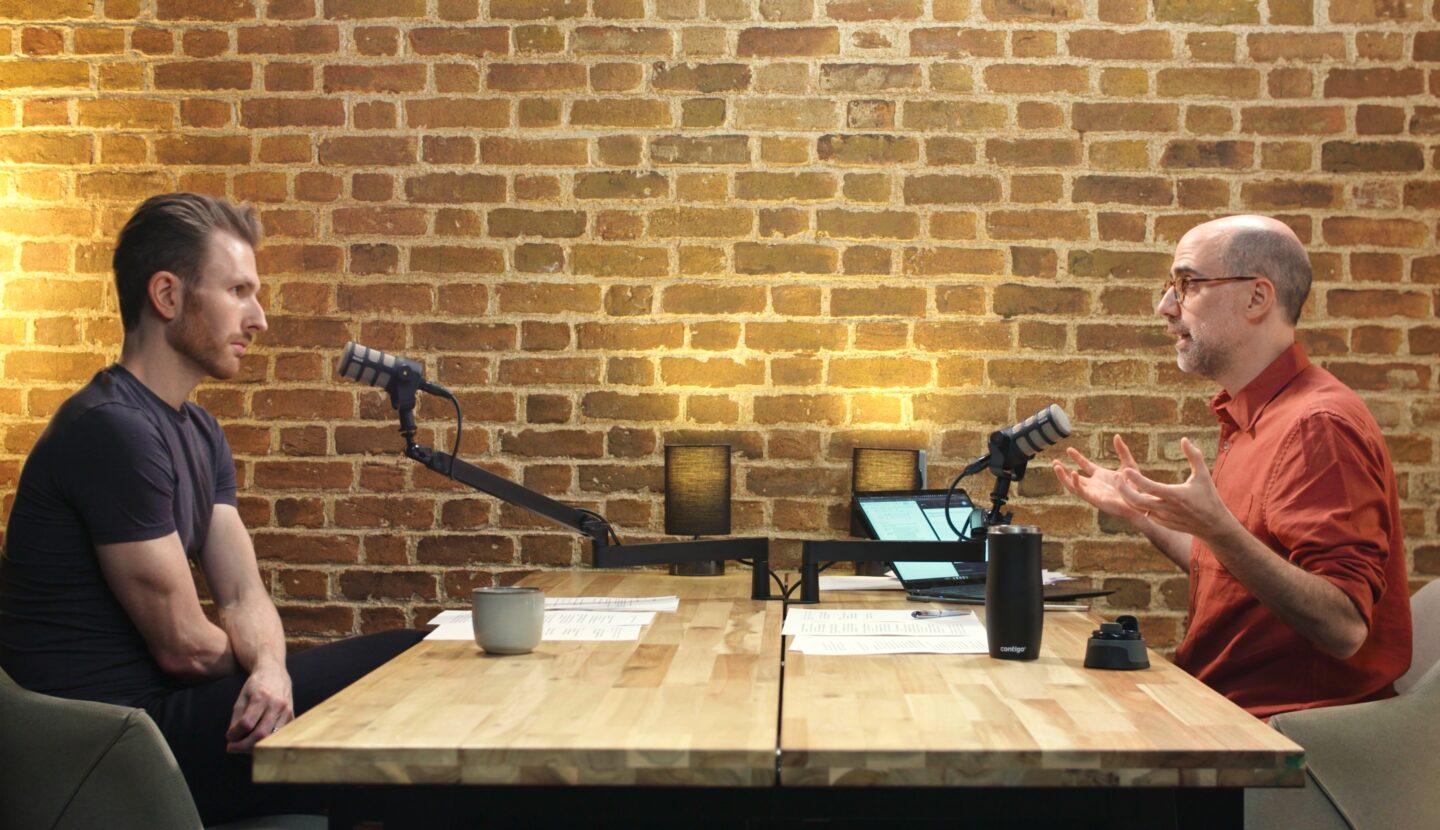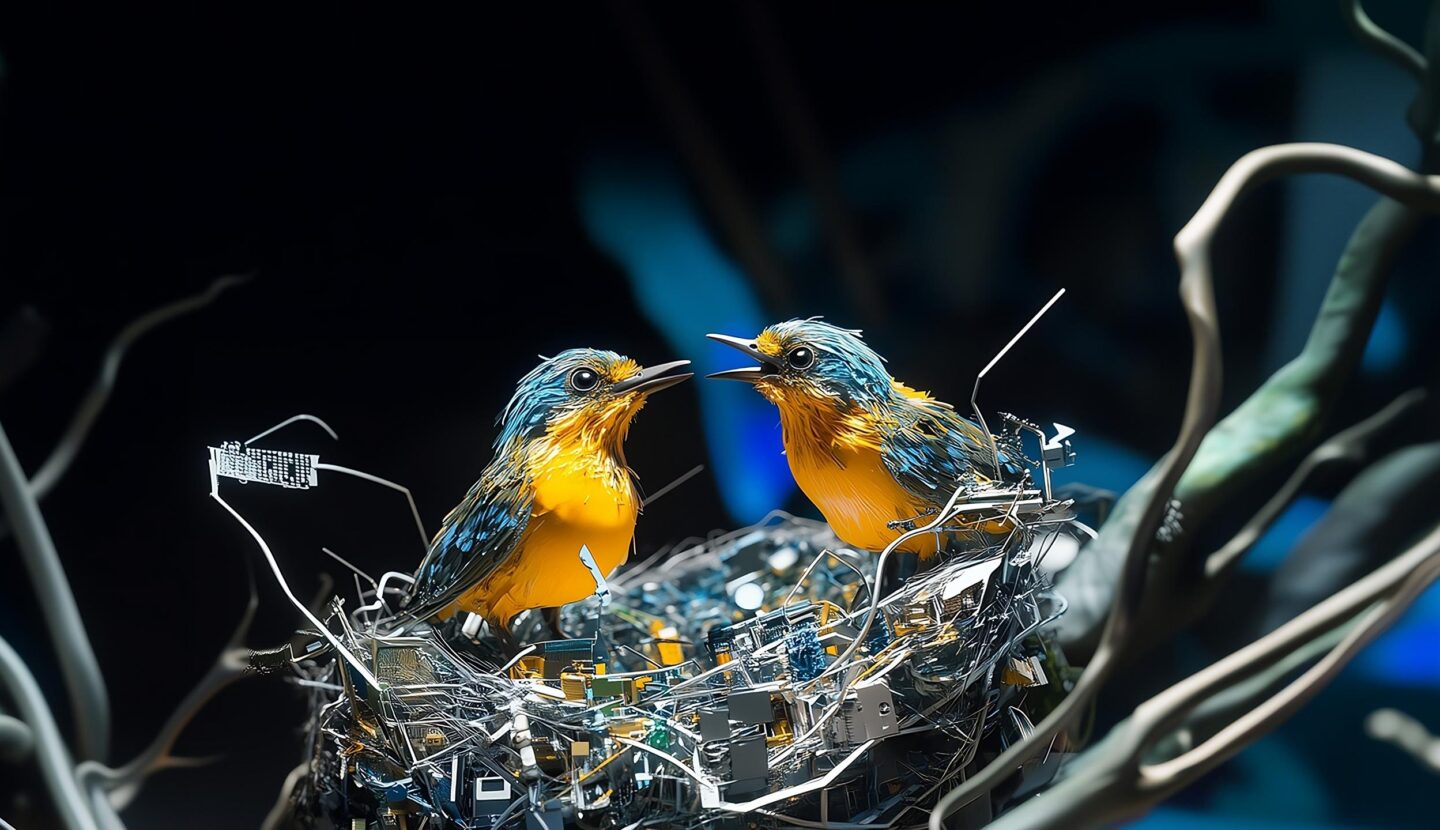#220 – Ryan Greenblatt on the 4 most likely ways for AI to take over, and the case for and against AGI in under 8 years
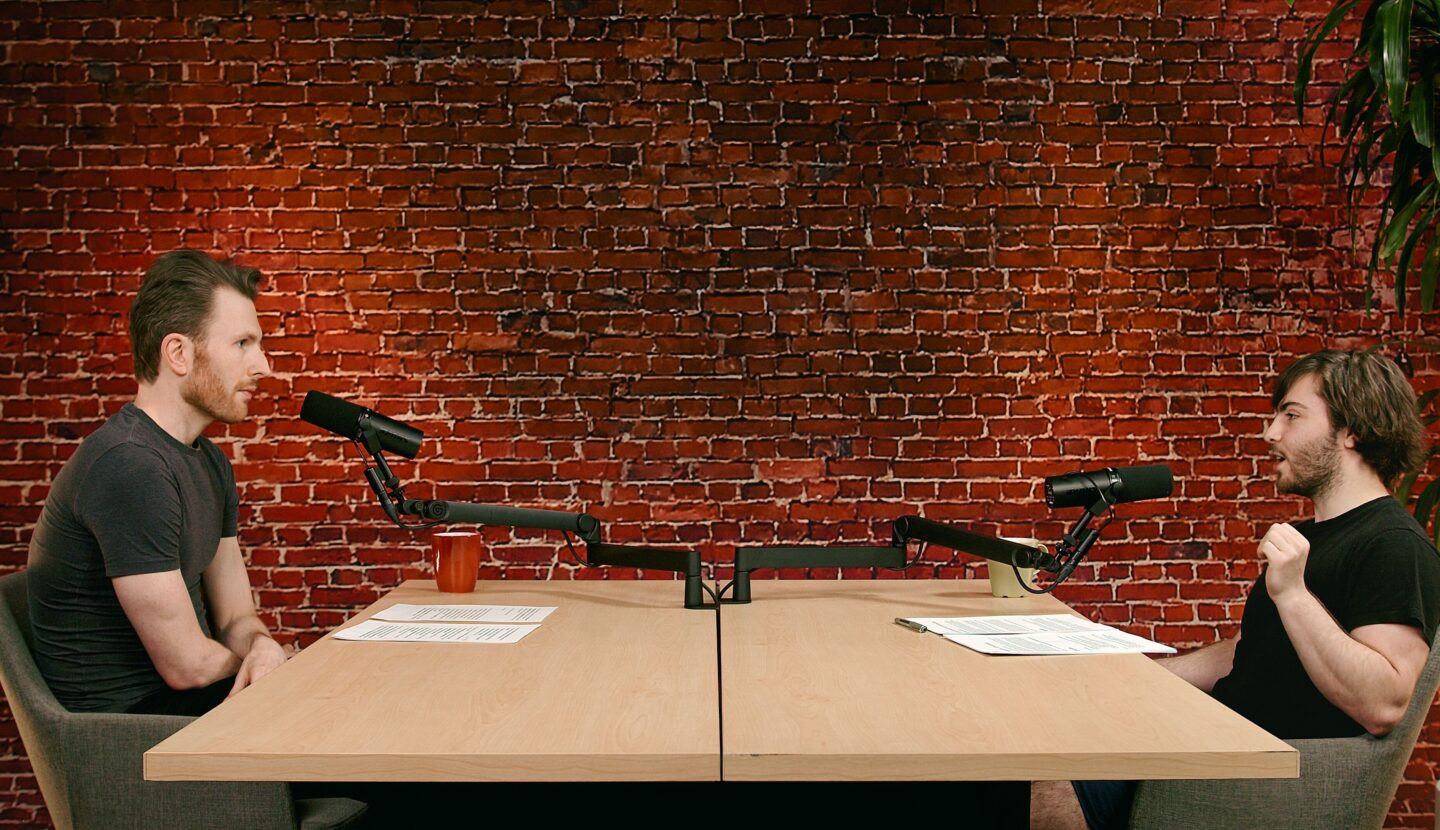
Ryan Greenblatt — lead author on the explosive paper “Alignment faking in large language models” and chief scientist at Redwood Research — thinks there’s a 25% chance that within four years, AI will be able to do everything needed to run an AI company, from writing code to designing experiments to making strategic and business decisions.
As Ryan lays out, AI models are “marching through the human regime”: systems that could handle five-minute tasks two years ago now tackle 90-minute projects. Double that a few more times and we may be automating full jobs rather than just parts of them.
Will setting AI to improve itself lead to an explosive positive feedback loop? Maybe, but maybe not.
The explosive scenario: Once you’ve automated your AI company, you could have the equivalent of 20,000 top researchers, each working 50 times faster than humans with total focus. “You have your AIs, they do a bunch of algorithmic research, they train a new AI, that new AI is smarter and better and more efficient… that new AI does even faster algorithmic research.” In this world, we could see years of AI progress compressed into months or even weeks.
With AIs now doing all of the work of programming their successors and blowing past the human level, Ryan thinks it would be fairly straightforward for them to take over and disempower humanity, if they thought doing so would better achieve their goals. In the interview he lays out the four most likely approaches for them to take.
The linear progress scenario: You automate your company but progress barely accelerates. Why? Multiple reasons, but the most likely is “it could just be that AI R&D research bottlenecks extremely hard on compute.” You’ve got brilliant AI researchers, but they’re all waiting for experiments to run on the same limited set of chips, so can only make modest progress.
Ryan’s median guess splits the difference: perhaps a 20x acceleration that lasts for a few months or years. Transformative, but less extreme than some in the AI companies imagine.
And his 25th percentile case? Progress “just barely faster” than before. All that automation, and all you’ve been able to do is keep pace.
Unfortunately the data we can observe today is so limited that it leaves us with vast error bars. “We’re extrapolating from a regime that we don’t even understand to a wildly different regime,” Ryan believes, “so no one knows.”
But that huge uncertainty means the explosive growth scenario is a plausible one — and the companies building these systems are spending tens of billions to try to make it happen.
In this extensive interview, Ryan elaborates on the above and the policy and technical response necessary to insure us against the possibility that they succeed — a scenario society has barely begun to prepare for.
This episode was recorded on February 21, 2025.
Video editing: Luke Monsour, Simon Monsour, and Dominic Armstrong
Audio engineering: Ben Cordell, Milo McGuire, and Dominic Armstrong
Music: Ben Cordell
Transcriptions and web: Katy Moore


